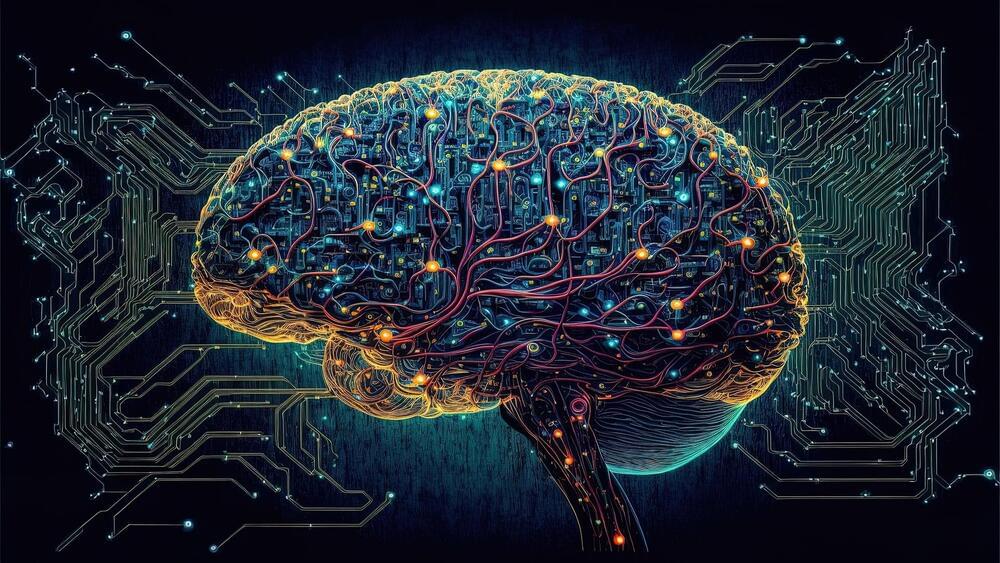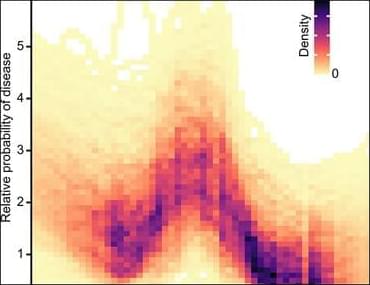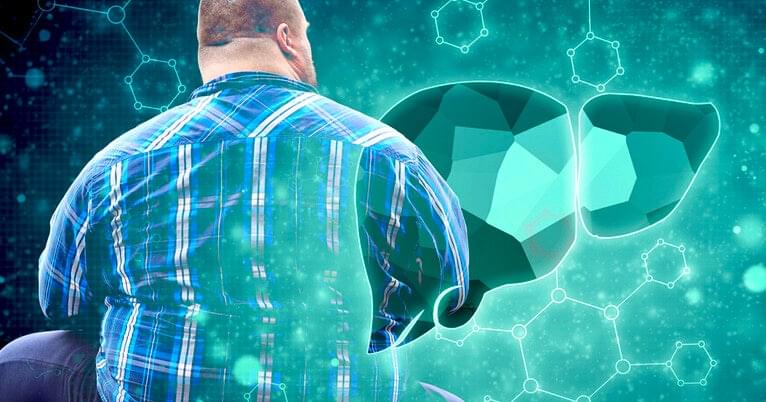A Slovakian aviation firm has completed the world’s first passenger flight with a flying car.
Klein Vision achieved this milestone with its AirCar, which carried French electronic musician Jean-Michel Jarre as a passenger. The test was held on an airport runway in Slovakia.
In a video put out by the firm, the winged sportscar is seen zooming down the runway on four wheels before all of a sudden becoming airborne and ascending into the sky. A few minutes in, it lands back safely with Jaree and a pilot aboard.




